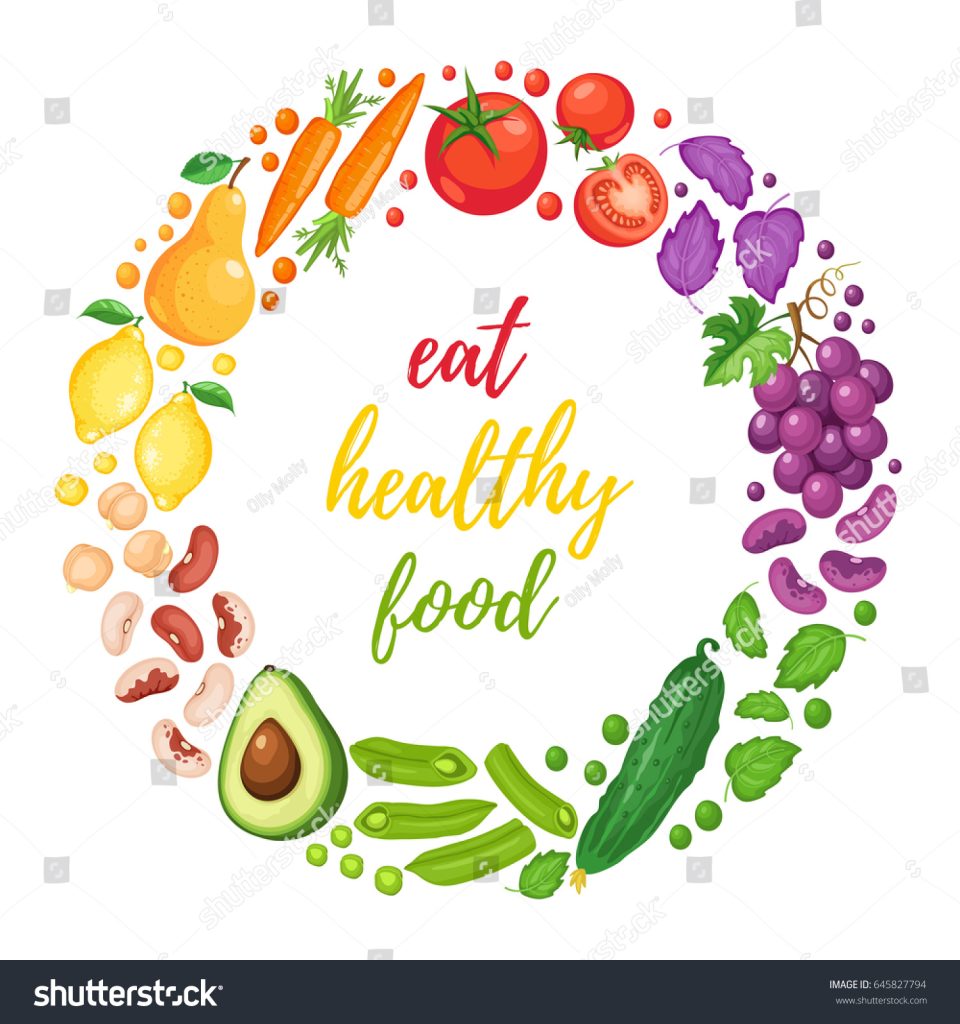Whole grains are an essential part of a balanced and healthy diet. Not only are they packed with nutrients and fiber, but they also provide a wide array of health benefits. From reducing the risk of heart disease to helping with weight management, incorporating whole grains into your diet can have a positive impact on your overall health and well-being.
When it comes to choosing which whole grains to add to your diet, there are a variety of options to choose from. Here are some of the best whole grains to consider incorporating into your meals:
1. Quinoa: Quinoa is a highly nutritious whole grain that is packed with protein, fiber, and essential vitamins and minerals. It is also a good source of antioxidants, which can help protect against chronic diseases. Quinoa is versatile and can be used in a variety of dishes, from salads to stir-fries.
2. Brown rice: Brown rice is a whole grain that is rich in fiber and beneficial nutrients, such as magnesium and B vitamins. It has a nutty flavor and a chewy texture, making it a delicious and healthy addition to any meal. Brown rice is a great choice for those looking to improve their digestion and maintain stable blood sugar levels.
3. Oats: Oats are a highly nutritious whole grain that are known for their high fiber content. They are a great source of beta-glucan, a type of soluble fiber that has been shown to lower cholesterol levels and improve heart health. Oats are also a good source of antioxidants and can help regulate blood sugar levels. They can be enjoyed in a variety of ways, from oatmeal to granola bars.
4. Barley: Barley is a versatile whole grain that is rich in fiber, protein, and essential minerals, such as selenium and manganese. It is known for its ability to reduce cholesterol levels and improve heart health. Barley can be used in soups, salads, and even as a substitute for rice in dishes like risotto.
5. Farro: Farro is an ancient whole grain that has gained popularity in recent years due to its rich nutty flavor and chewy texture. It is high in fiber, protein, and essential nutrients, such as iron and magnesium. Farro is a great option for those looking to improve their digestion and maintain stable energy levels throughout the day.
6. Buckwheat: Despite its name, buckwheat is not actually a type of wheat and is gluten-free. It is a highly nutritious whole grain that is rich in protein, fiber, and essential vitamins and minerals. Buckwheat is also a good source of antioxidants, which can help protect against chronic diseases. It can be used in a variety of dishes, from pancakes to stir-fries.
7. Millet: Millet is a whole grain that is gluten-free and rich in fiber, protein, and essential nutrients, such as magnesium and phosphorus. It is known for its ability to improve digestion and regulate blood sugar levels. Millet can be used in a variety of dishes, from porridge to pilafs.
8. Amaranth: Amaranth is a highly nutritious whole grain that is rich in protein, fiber, and essential vitamins and minerals. It is a good source of antioxidants and can help protect against chronic diseases. Amaranth has a nutty flavor and a chewy texture, making it a delicious addition to salads, soups, and even baked goods.
Incorporating whole grains into your diet is a simple and effective way to improve your overall health and well-being. By choosing whole grains that are rich in fiber, protein, and essential nutrients, you can reap the many benefits that they have to offer. Whether you are looking to reduce your risk of heart disease, improve your digestion, or maintain stable blood sugar levels, adding whole grains to your meals can help you achieve your health goals. So next time you are at the grocery store, be sure to stock up on some of these best whole grains to add to your diet.

